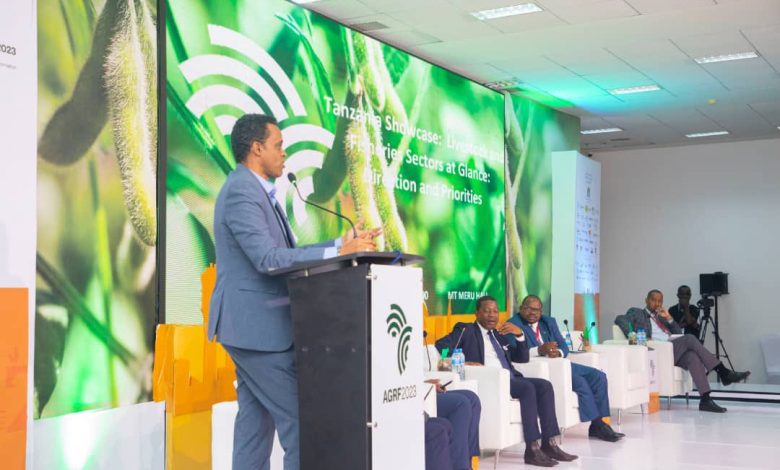African Trade Agreements Highlight Need for Environmental Considerations
September 6, DAR ES SALAAM – A new analysis from the Africa Agriculture Trade Monitor (AATM) indicates that African trade agreements must incorporate actionable environmental provisions to promote sustainable agricultural growth and resilience against climate change.
The 2023 AATM report, a collaboration between AKADEMIYA2063 and the International Food Policy Research Institute (IFPRI), was presented at the Africa Food Systems Forum (AGRF) in Tanzania. Its findings stress that while African regional trade agreements (RTAs) currently don’t significantly influence agricultural trade, there are ample opportunities to remedy this by enhancing the agreements’ depth.
Factors such as the Russia-Ukraine conflict and its effects on fertilizer and food trade underscore the need for Africa to diversify its import sources. Furthermore, global challenges like climate change and the ongoing repercussions of the COVID-19 pandemic make the need for reform even more pressing.
“Current events around the world emphasize the need for Africa to harness agri-food trade as a driving force for recovery and growth. By deepening our trade agreements and capitalizing on Africa’s inherent strengths and innovative green technologies, we can better weather global shocks and strengthen our place in the world market,” commented Dr. Ousmane Badiane, Executive Chairperson at AKADEMIYA2063.
Enhancing the provisions in trade agreements, such as rules of origin and sanitary and phytosanitary (SPS) measures, could potentially increase exports of agricultural products by up to 26%, according to the report.
However, the landscape isn’t without its challenges. Recent temperature increases, coupled with external market shocks like the Russia-Ukraine war, have disrupted global markets. “The dependence on Ukrainian and Russian imports for essential goods like wheat and vegetable oils highlights the need for Africa to build resilience against such supply shocks,” noted Dr. Johan Swinnen, IFPRI’s Director General.
The AATM report also sheds light on intra-African agricultural trade. While there has been a significant rise since the early 2000s, 2021 figures are still below the peak value of US$16.1 billion from 2013. Analysis further revealed that unprocessed products, like pure sucrose and cotton, dominate intra-African trade.
In the East African Community (EAC), agricultural trade thrives due to favorable regional policies and improved logistics. The EAC boasts one of the highest agriculture-to-GDP ratios and intense intraregional trade.
The AATM report, a joint effort under the African Growth and Development Policy (AGRODEP) Modeling Consortium and the Regional Strategic Analysis and Knowledge Support System (ReSAKSS), continues to support the goals of the Comprehensive Africa Agriculture Development Programme (CAADP). The latest findings emphasize the critical role of trade in shaping Africa’s agricultural future.


